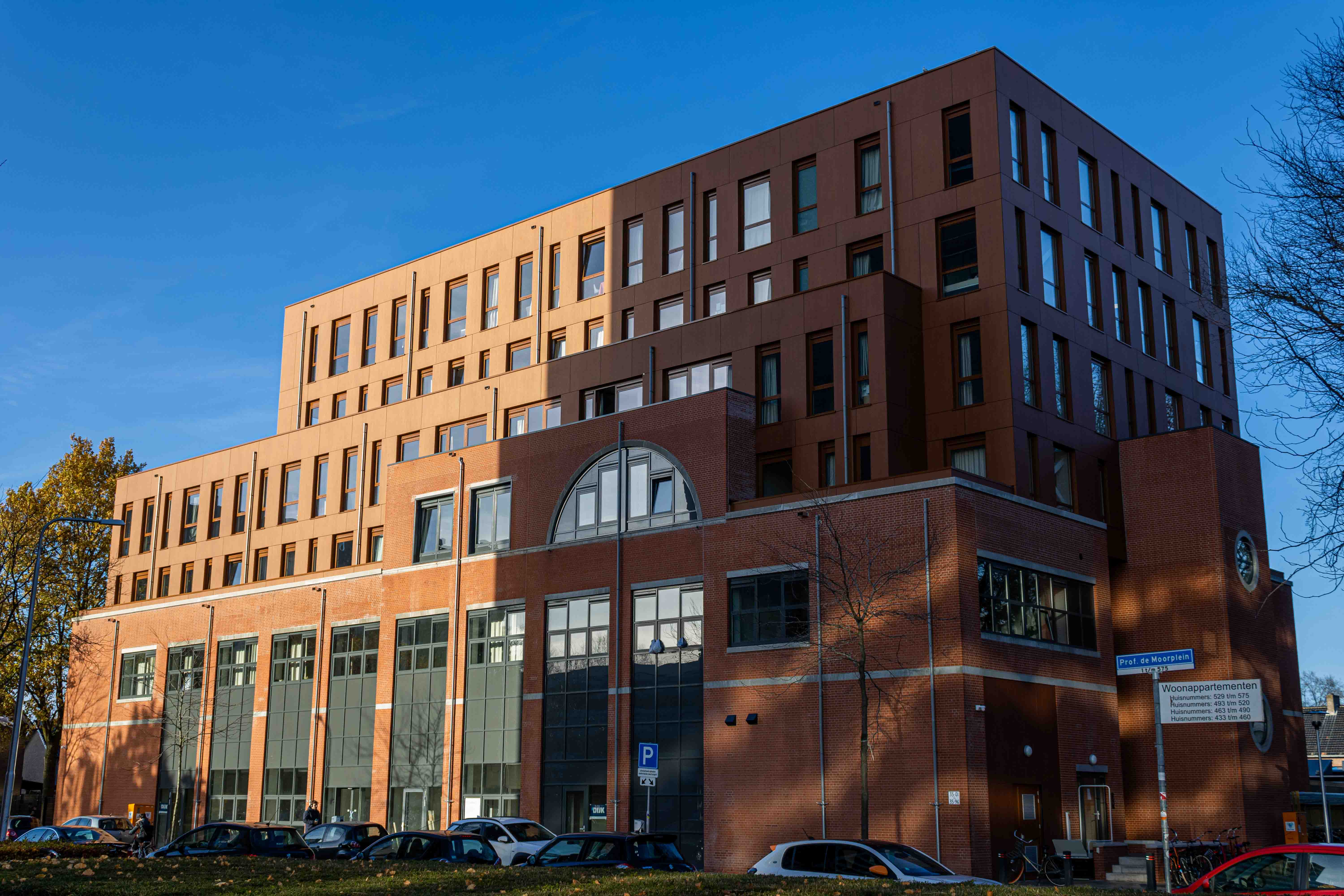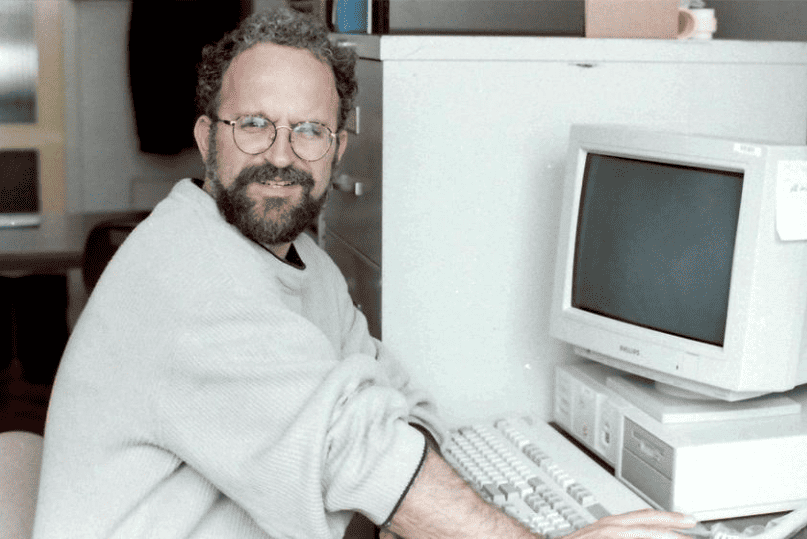
Jifke Sol has been a lecturer at the Fontys Expertisecentrum Circulaire Transitie (Fontys Expertise Centre Circular Transition, FECT) in The Netherlands for over a year and she is still regularly taken by surprise. Especially about the rapid pace at which the center is making progress. For instance, a SPRONG application has been submitted – good for one million euros – which has been accepted. Six living labs have also been set up, where about a hundred students will start work early next year.
Next Friday, Sol will be officially installed as a lecturer in Circular Transition within the FECT. “I feel a bit like a kid who is almost celebrating her birthday,” Sol says. She has prepared a speech in which she wants to share her mission and ambitions for the lectureship with a large audience as straightforwardly as possible. “Actually, I would have preferred to make a comic strip, but that was a bit too audacious. So I just made it into a nice and neat PowerPoint,” Sol smiles.
Innovation club
Throughout her career, Sol has worked (‘inadvertently’) on innovative projects. In her experience, there is a small group that wants to move forward very quickly, a middle group that has doubts, and another small group that digs its heels in. “I am used to overcoming resistance. That’s just how the average educational institution or the average company works. But the FECT is an innovative club; everyone wants to make progress.”
The FECT is a center of knowledge for the circular economy and energy transition where students put to use knowledge they gain and share together with companies, governments, consumers and civic organizations.
Transition is the work of people
Sol has a clear vision for her professorship: To inspire, motivate and bring people together in the circular transition. And to innovate in the field of research, education and society. “For me, it’s all about developing an economy based on regenerative and inclusive values. That means not depleting each other’s resources nor the earth, but generating raw materials and fuels in a sustainable way while respecting people and nature.”
But that is not all she wants to do. Sol finds that the conversation surrounding circularity is often too one-sided. “People tend to think in terms of a materials cycle, while it is precisely the social aspect of the transition that is indispensable. If society doesn’t dare tackle this, then nothing will come of it. Will people dare to let go of the familiar and how will they deal with new developments? Transition is fundamentally about people.”
Sol goes on to explain that the challenge is to preserve a certain standard of living while reducing the pressure on ecological constraints. Technical innovations are important here, but socioeconomic aspects also play a role. “How do you get the general public on board and start looking for solutions with consideration for each other? So that everyone can participate, and circular solutions will be accessible to everyone.”
People tend to think in terms of a materials cycle, while it is precisely the social aspect of the transition that is indispensable. If society doesn’t dare to tackle this, then nothing will come of it.” Jifke Sol
Obstacles
According to Sol, socio-psychological issues also constitute one of the biggest obstacles on the road to a circular economy. “People often would rather cling to comfort and convenience. It takes courage, time and stamina to change. Especially for pioneers, it can be difficult to get people to commit to a risky investment of which the added value has not yet been proven.”
Another blockade on the road to the circular transition, in Sol’s view, is the slow pace of political decision-making. The climate summit in Glasgow fills her with hope; there, the choice is now being made to ignore the oil industry as much as possible and invest in other forms of fuel. “When governments make these kinds of choices, they overcome major systemic barriers. That has the potential to work its way down to SMEs.”
FECT is going to train students to gain leadership competencies that are needed for the transition. Living labs – “kinds of communities of education, business and consumers” – which are at the heart of society, should also help to speed up the transition. For example, FECT is developing a knowledge ecosystem that supports the business community with new business models and tools for the transition towards circular entrepreneurship. A system where knowledge is also shared about circular thinking, design, manufacturing, reduction and recycling. “The ambition is to bring the business community, and especially SMEs, on board in circular entrepreneurship,” says Sol.


dr. Jifke Sol
Jifke Sol (1961) was born and raised in The Hague in the Netherlands.
After finishing atheneum secondary school, she started studying Rural Sociology at Wageningen University & Research.
Sol works, amongst other things, as a researcher at Wageningen University and founded her own company, Sol-Cocreation, in 2005. This is where she works as a trainer and coach of transition processes.
In 2018 Sol obtained her PhD in Social Sciences, on the role of social learning processes in regional transitions.
In September 2020, she started as a lecturer in Circular Transitions at the Fontys University of Applied Sciences..
Living labs
A solid step in the right direction is the proposal ‘De Circulaire Sprong’ (The Circular Leap) through which Fontys landed €1 million in SPRONG funding earlier this month. For Sol, project leader of the initiative, the good news did not come as a complete surprise. “Living labs form the basis of the proposal. I firmly believe in the concept behind them.”
In the living labs, students, teachers and researchers get to work with SMEs on real-life circular issues. Sol: “We help SMEs with that, which provides us with a great deal of insight, and the structure of the living labs is so flexible that you can actually anticipate upcoming events. This is how we train the circular professionals of the future.”
The speech by Jifke Sol will take place on Friday, November 19 between 1:30 pm and 2:30 pm and can be followed via a livestream. You can register via this link. More info about Fontys and the FECT can be found here.







